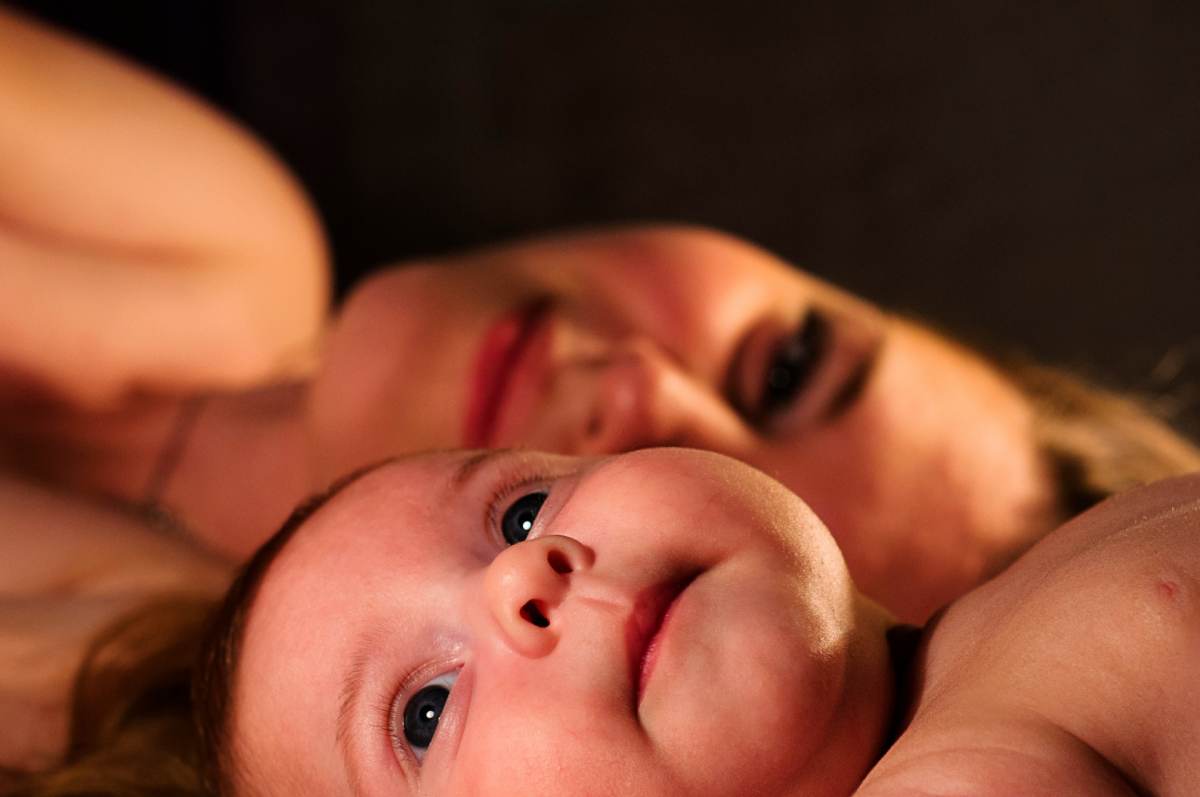Every case is unique, and many factors can affect a patient’s chances of having a baby, such as their age, health, the number of eggs successfully frozen and thawed, and the quality of the sperm.
The BBC looked at the websites of 78 fertility clinics in the UK that offer private egg freezing.
We found that 32 of these websites (41%) did not clearly explain a patient’s chances of successfully having a baby in the future.
Most of these websites advertised high thaw rates of 80-95%, which means the eggs are successfully defrosted for use in fertility treatments.
However, they did not make it clear that the actual chances of having a baby are much lower because there are several stages in the process before an embryo is successfully implanted through treatments like IVF.
In the UK, only a few patients have returned to use their frozen eggs.
For those who do, success rates are slightly lower than using fresh eggs in IVF, which has a success rate of about 20-30% per round, depending on age. For people in their 40s, the rate can be as low as 5%, according to the HFEA.
The BBC analysis found that 31 clinics posted defrost rates without specifying how many patients the data was based on or where the information came from.
The Competition and Markets Authority (CMA), a government watchdog, has guidelines for what information should be on clinic websites.
They state that egg freezing is an essential monetary and emotional commitment, and patients need to be “properly informed” regarding the success rates and costs.
The BBC interviewed more than 30 women for the documentary named as “Egg Freezing and Me.”
They described the procedure as expensive and invasive but also empowering. However, some felt that clinics did not properly inform them about the true costs or their chances of success.
The Rise of ‘Social’ Egg Freezing
Egg freezing isn’t new, but a technique called vitrification has greatly improved the success rates of egg thawing and survival.
In 2012, the experimental label was eliminated from egg freezing in the United States, which led to many more women choosing to freeze their eggs.
According to the Society for Assisted Reproductive Technology (SART), in 2009, 475 women froze their eggs, but by 2016, that number had increased to 7,276.
However, this number does not distinguish between women who freeze their eggs for “social” or “elective” reasons and those who do so for “medical” reasons.
An example of a medical reason is a young woman diagnosed with cancer who is about to start chemotherapy, which can impact her future fertility.
Similarly, a man suffering from cancer or another serious medical condition can choose to freeze his sperm.
Both elective and medically necessary egg or sperm freezing are ways to preserve fertility.
In Connecticut and some other states, laws require insurance to cover fertility preservation for certain age groups if it’s medically necessary due to a cancer diagnosis.
The Cost of Freezing Eggs
Most health plans do not cover elective egg freezing for various nonmedical reasons, so individuals often pay out-of-pocket.
Egg freezing is not only expensive but also uncomfortable and time-consuming. The process involves:
- Taking injectable medicines to stimulate egg production for 10 to 12 days.
- Having eggs retrieved in an in-office procedure.
- Undergoing repeated blood tests and ultrasounds.
This can cost between $6,000 and $10,000 or more.
If the first cycle doesn’t produce enough mature eggs, additional rounds will be needed, each adding to the cost. Storing the frozen eggs costs about $600 per year.
When a woman is ready to use her eggs, she’ll need IVF, which includes fertilizing the eggs, growing embryos, and possibly genetic screening before implanting them.
This can cost up to an additional $18,000.
Despite the high costs, many women find it worthwhile.
Another option is embryo freezing, which has higher success rates. In this process, an embryo is created via IVF and then frozen until the woman is ready for implantation.

Fertility Conversation
Today, most women are considering elective egg freezing, and doctors say this topic needs careful discussion.
Unless there’s a known medical condition that affects fertility (like endometriosis, low ovarian reserve, or a family history of early menopause), the decision to freeze eggs and when to do it can be complex.
Considering freezing eggs is not straightforward and varies for each woman.
For example, a woman should think about whether she would consider becoming a single mother in the future.
If she’s 40 and hasn’t found the right partner, would she use the frozen eggs with donor sperm?

